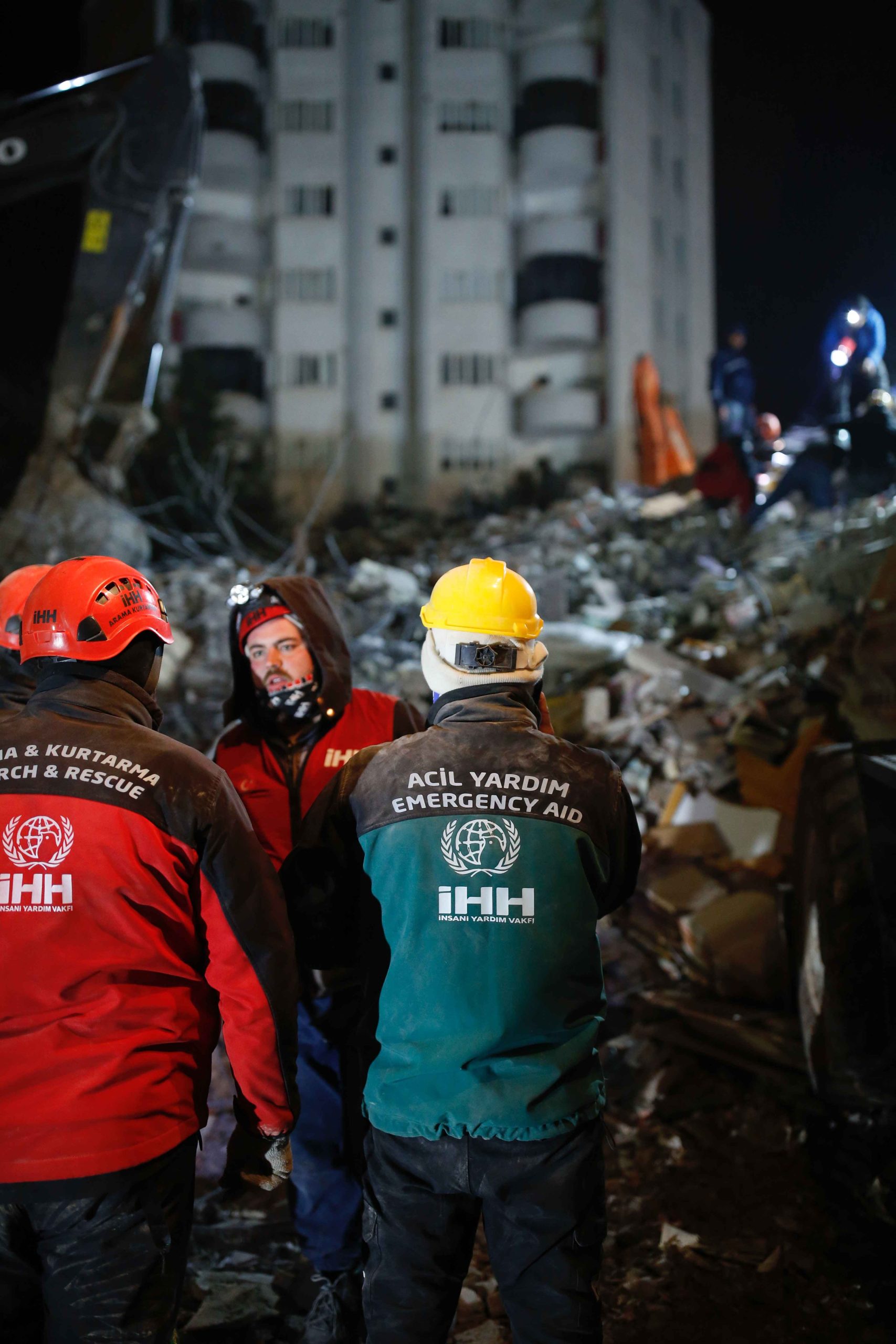
Unseen Battles: PTSD’s Toll on First Responders and Emergency Personnel
First responders and emergency personnel, often hailed as heroes, face the immense challenge of witnessing and dealing with traumatic events on a regular basis. While they display strength and bravery in the face of danger, the toll that these experiences can take on their mental health is often overlooked. In this article, we will explore the unseen battles that first responders and emergency personnel face regarding post-traumatic stress disorder (PTSD), the impact it has on their lives, and the importance of addressing and supporting their mental well-being.
Understanding PTSD in First Responders:
PTSD can develop in response to experiencing or witnessing traumatic events. First responders, including paramedics, firefighters, police officers, and emergency medical technicians, are at a heightened risk of developing PTSD due to the nature of their work. Understanding the unique challenges they face is crucial for recognizing and addressing the condition.
The Impact on Mental Health:
PTSD can have profound effects on the mental health of first responders. They may experience intrusive memories, flashbacks, nightmares, heightened anxiety, depression, insomnia, and emotional numbness. Left unaddressed, these symptoms can worsen and significantly impact their quality of life and overall well-being.
Barriers to Seeking Help:
First responders often face barriers when it comes to seeking help for their mental health struggles. Factors such as stigma, fear of judgment, concerns about professional reputation, and a culture of self-reliance can prevent them from reaching out for support. Creating an environment that promotes open dialogue and destigmatizes mental health is crucial.
Building Supportive Systems:
Recognizing the need for support, many organizations and communities are implementing programs to address the mental health of first responders. This includes peer support programs, mental health training, counseling services, and initiatives aimed at creating a culture of well-being within the profession. These efforts play a vital role in acknowledging and supporting those affected by PTSD.
Promoting Self-Care and Resilience:
Self-care and resilience-building strategies are essential for first responders in managing and preventing PTSD. This includes regular mental health check-ins, practicing stress-management techniques, engaging in physical activity, maintaining healthy relationships, and seeking professional help when needed. Encouraging a holistic approach to well-being is crucial for their long-term mental health.
Advocacy and Policy Changes:
Addressing the impact of PTSD on first responders requires advocacy and policy changes at various levels. This includes raising awareness, supporting research initiatives, promoting mental health legislation, and ensuring adequate resources are available for mental health services. Working together, communities, organizations, and governments can make a difference in the lives of first responders.
Conclusion:
Unseen battles take place within the hearts and minds of first responders and emergency personnel affected by PTSD. Recognizing and addressing the toll that traumatic experiences can have on their mental health is crucial for their well-being and the well-being of the communities they serve. By fostering a supportive and understanding environment, implementing appropriate support systems, and promoting self-care and resilience, we can help these heroes navigate their battles and lead healthier, more fulfilling lives.



